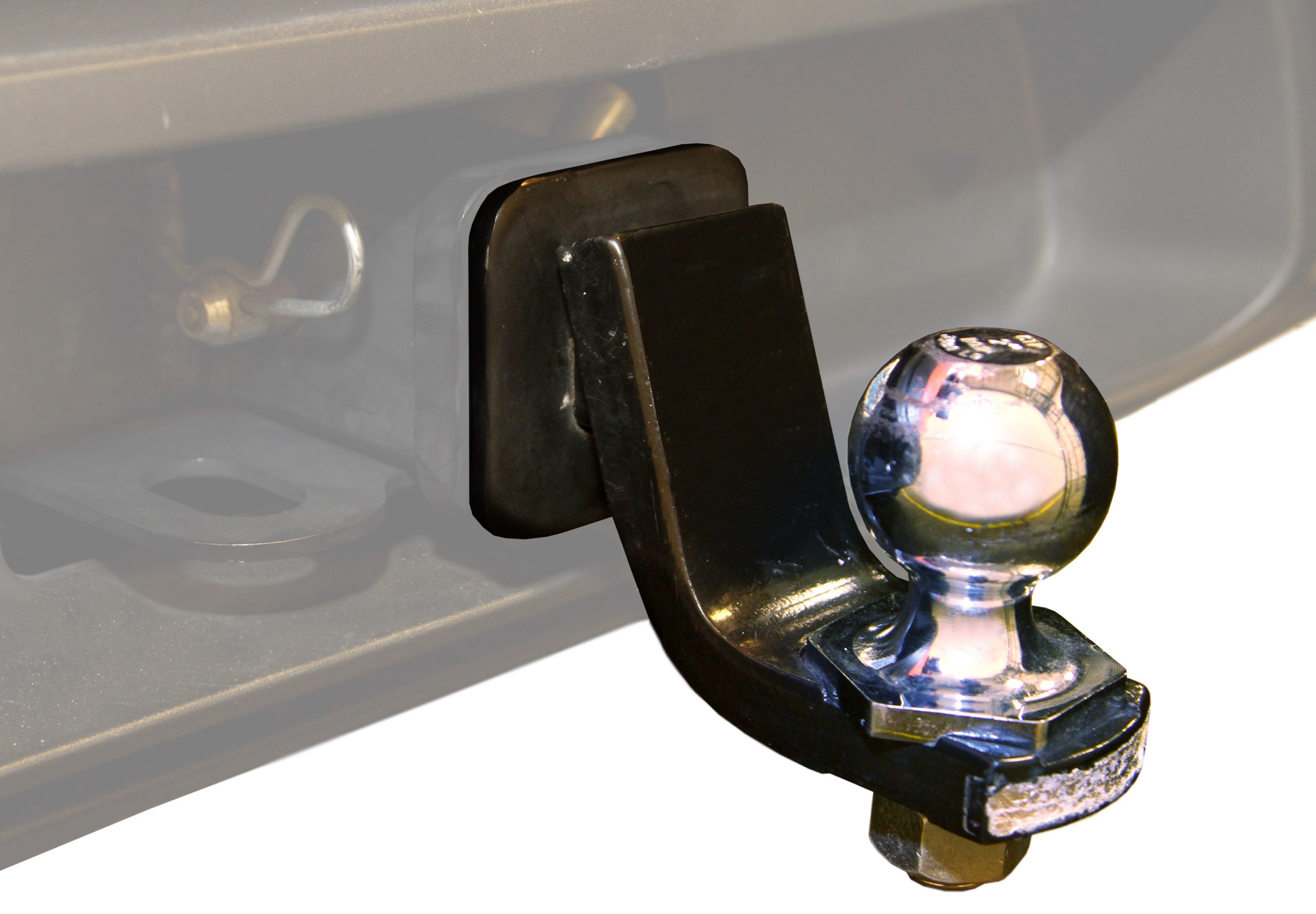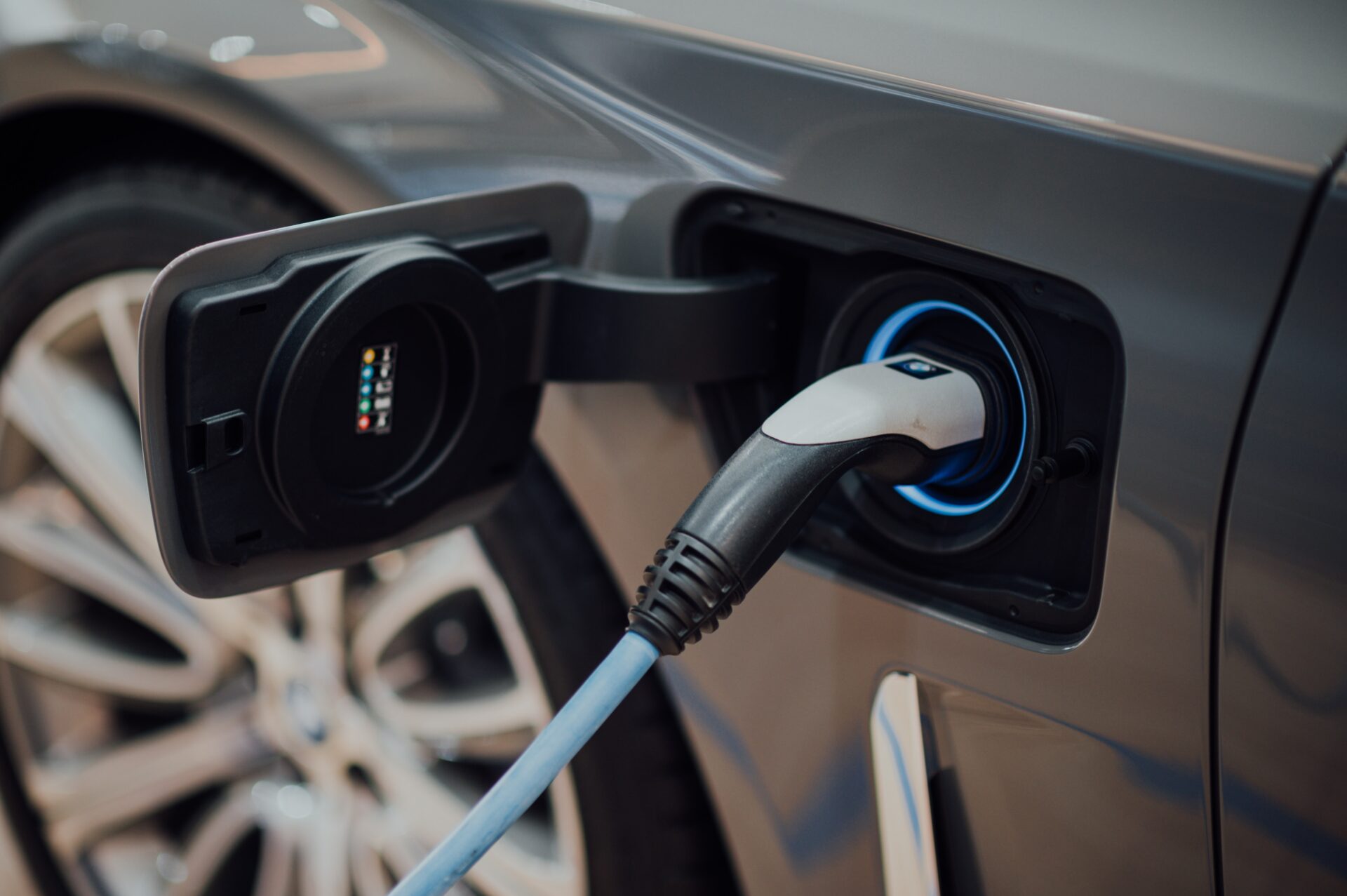Electric vehicles (EVs) are often touted as cost-saving alternatives to internal combustion engine (ICE) vehicles due to their lower operating costs and reduced maintenance requirements. Consumer Reports has found that EVs cost less to operate over their lifetimes than their ICE counterparts, thanks to cheaper electricity and fewer moving parts that wear out, reducing maintenance. However, while EVs do not require oil, air, or fuel filter changes, they still require periodic maintenance for components such as brakes, rotors, and wiper blades.

Despite the cost-saving benefits of owning an EV, there are hidden costs to consider. For instance, according to Kelley Blue Book, as of September 2022, the average EV costs nearly $17,000 more than a comparable ICE vehicle. However, AAA estimates that EV owners can save up to $1,300 in annual maintenance costs and an additional $700 to $800 in fuel costs compared to their ICE counterparts. Assuming an average ownership period of almost nine years, this translates to savings of nearly $19,000.
However, there are additional costs to consider when purchasing an EV, such as higher annual car insurance premiums (up to $400 more than a comparable ICE model) and potential voiding of the manufacturer’s warranty if owners perform their own repairs or use non-authorized repair shops. These factors can result in costlier repair bills. As such, it is essential to consider all of the potential costs and benefits before making a decision to purchase an EV.
When considering the cost of electric vehicle (EV) charging stations, it is important to take into account the kilowatt (kW) output and features of the charger. Level 1 120-volt battery chargers typically cost between $200 and $600, while Level 2 240-volt chargers range from $500 to $2000, plus installation costs if hardwiring is necessary, which can also range from $500 to $2000.
How Much Does It Cost to Charge an Electric Vehicle?
The cost of charging an electric vehicle (EV) depends on various factors, such as the level of charger used, location, time of day, temperature, and the state of battery charge or degradation. Based on the national average cost of electricity, which was 17 cents per kilowatt-hour (kWh) in 2021, an EV with an Environmental Protection Agency (EPA) rating of 50 kWh/100 miles would cost $8.50 to travel 100 miles, or 8.5 cents per mile. In comparison, a traditional internal combustion engine (ICE) vehicle getting 30 miles per gallon at $3.50 per gallon would cost $11.67 for the same 100 miles, or 11.7 cents per mile. While some public EV charging stations are free, rates for Level 3 and Level 2 charging stations typically range from 30 to 70 cents per kWh and 20 to 25 cents per kWh, respectively. Some stations offer a monthly subscription service, but fees may be charged for vehicles that remain plugged in after charging is complete.
The cost to replace an EV battery, which is typically covered under warranty for at least eight years or 100,000 miles, ranges from $5,000 to $15,000 or more in parts and labor if the vehicle is out of warranty. With proper care, an average EV battery should last 200,000 miles, or 10 to 20 years. While EV batteries are recyclable, the process is slow, complex, expensive and environmentally unfriendly. However, new technologies and second-life applications funded by the Bipartisan Infrastructure Law offer hope for more economical and ecologically responsible EV battery recycling in the future.
Expect to pay $100 to $400 more for a set of tires for an EV than for regular tires, as they are designed to carry the extra weight of an EV’s battery and motors. EV tires offer excellent acceleration, better traction, less rolling resistance, and a quieter ride due to their ability to deliver instant torque to the wheels/tires.












